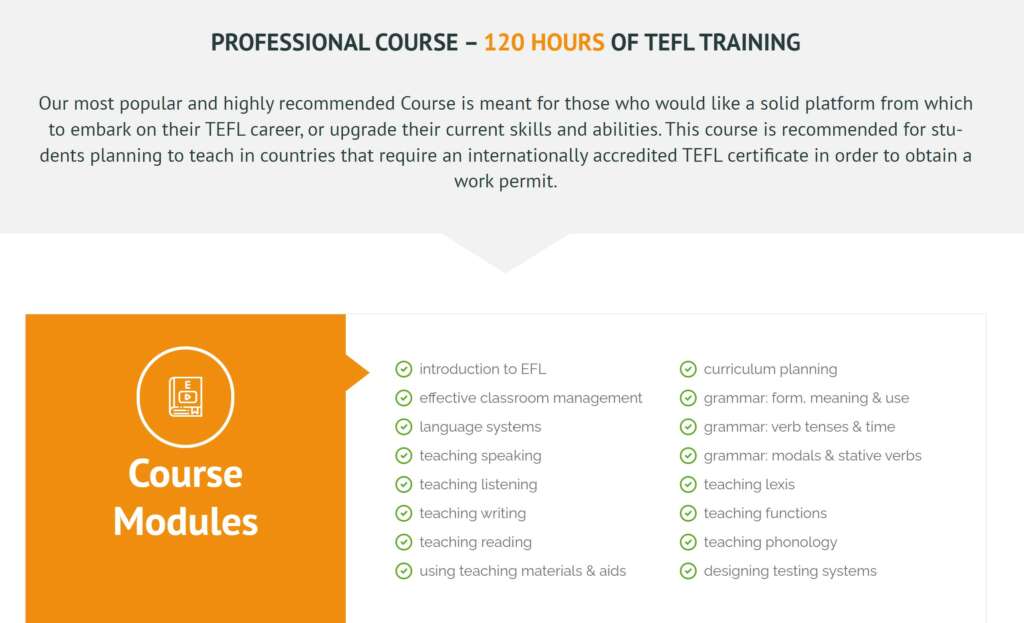Your 5 top TEFL questions answered
Thinking of embarking on a new teaching career? Great choice. We can only imagine the stacks of questions that are buzzing around your brain right about now. That’s why we thought we’d put together a bit of a handy FAQ page that answers the five most common pre-TEFL questions out there, from what all those fancy acronyms actually mean to how many hours you should study for. Let’s begin…
What is the difference between TEFL and TESOL?

TEFL and TESOL are similar but refer to two slightly different practices of teaching English. The first, TEFL, is an acronym that stands for ‘teaching English as a foreign language.’ It relates to teaching English in a place where English itself is not the native tongue. TESOL means ‘teaching English as a second language.’ That means it applies to teachers who work with students who are learning English within an English-speaking country. As such, TEFL courses (like the ones we offer) are generally the better option if you plan on traveling the world and teaching as you go.
Do I need a degree to do TEFL?

There’s a simple answer to that one: No, you don’t need a degree to pursue a career in TEFL. Without a BA or a BSc, you might find it tricky to get jobs in certain destinations – lots of places in Europe and East Asia come to mind. However, there are still plenty of employers willing to look at candidates that haven’t been through college. We can think of Cambodia, Mexico, Argentina, and Romania just off the top of our heads.
Where can I teach English abroad?

Once you’ve completed your TEFL certification, you’ll be able to apply for jobs in loads of destinations all around the globe. Although some places are now harder to get jobs in than they were 10 years ago (China, notably), the range of countries that’s open to would-be teachers has actually grown considerably in that time. Some of the most popular destinations include Thailand, the fabled Land of Smiles, Spain, South Korea, and Taiwan. There are also upcoming TEFL destinations like Mexico, Argentina, and Costa Rica to consider. The world’s your oyster!
How many hours should my TEFL course be?

You’ll notice that there are TEFL courses of 40 hours and TEFL courses of over 280 hours out there. As a general guide, you should avoid the very short ones because they don’t offer that in-depth study you need to become a successful teacher, and – more importantly – aren’t commonly recognized by employers. The general rule is that a 120-hour TEFL course is the industry standard. It’s what most schools will require from applicants. That said, it can’t hurt to do more study and opt for a longer course, particularly if you want expertise in niche teaching sectors like teaching online.
Can I do TEFL if English isn’t my native language?

We get asked this one ALL the time! The answer: Yes, yes, and yes again! There’s a thriving industry out there for non-native teachers. We’ve heard thousands of success stories from myTEFL graduates who didn’t have English as a first language. Some are now accomplished online teachers, others are based in schools in amazing destinations all around the globe. Bear in mind that some countries have a red line on this and simply won’t employ non-natives. There are plenty that will, though, including the likes of Turkey, Cambodia, and Mexico.
This list of the top TEFL questions runs through five of the queries that we get asked all the darn time. We hope it’s cleared up some uncertainties for you would-be teachers. For more info on the various TEFL courses we offer, be sure to check out our courses page right now.

